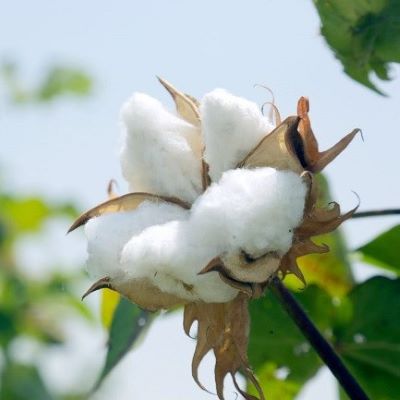Zara and H&M allegedly linked to illegal deforestation, land grabbing and violence

NGO Earthsight has accused H&M and Inditex of allegedly using cotton linked to land grabbing, illegal deforestation, violence, human rights violations and corruption in Brazil
The British NGO spent more than a year analysing satellite images, court rulings, shipping records and going undercover at global trade fairs to trace 816 000 tonnes of tainted cotton from some of Brazil’s most notorious estates to clothing manufacturers in Asia that supply Inditex and H&M. According to the report, nearly 250 million items of finished clothing and homeware offered by the two retailers were made with this cotton.
“While we all know what soy and beef have done to Brazil’s forests, cotton’s impact has gone largely unnoticed. Yet the crop has boomed in recent decades and become an environmental disaster. If you have cotton clothes, towels or bedsheets from H&M or Zara, they may well be stained by the plundering of the Cerrado”, said Earthsight director Sam Lawson.
Brazil has dramatically increased cotton production in recent decades, almost entirely in the Cerrado, where it is now routinely grown in rotation with soy. By 2030, the South American country is expected to overtake the US as the world's largest cotton exporter.
But as the cotton has grown, over half the Cerrado has been cleared for large-scale agriculture, leading to an increase in deforestation of 43% last year. In addition, “a ruinous mix of corruption, greed, violence and impunity has led to the blatant theft of public lands and dispossession of local communities”.
“We have failed, there is no doubt about it,” an H&M sustainability manager told the Swedish press when the news broke. The report also revealed that all the tainted cotton traced by Earthsight was certified as sustainable by Better Cotton (BC), prompting Inditex to demand a plan to clarify transparency on cotton traceability following these allegations of “illegal practices”.
Sam Lawon argues “It has become very clear that crimes related to the commodities we consume have to be addressed through regulation, not consumer choices. That means lawmakers in consumer countries should put in place strong laws with tough enforcement. In the meantime, shoppers should think twice before buying their next piece of cotton clothing”.
Image Credits: textiletoday.com


















